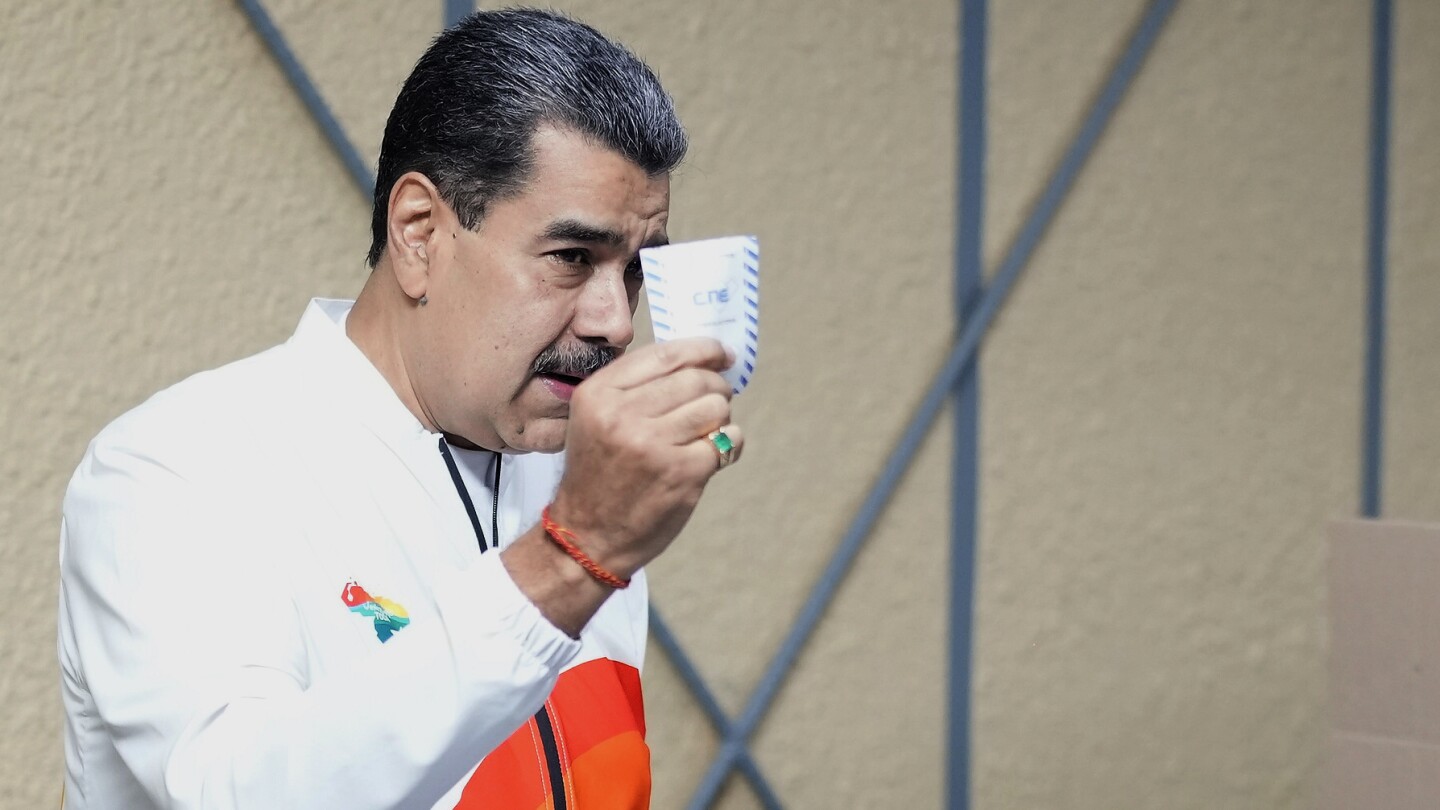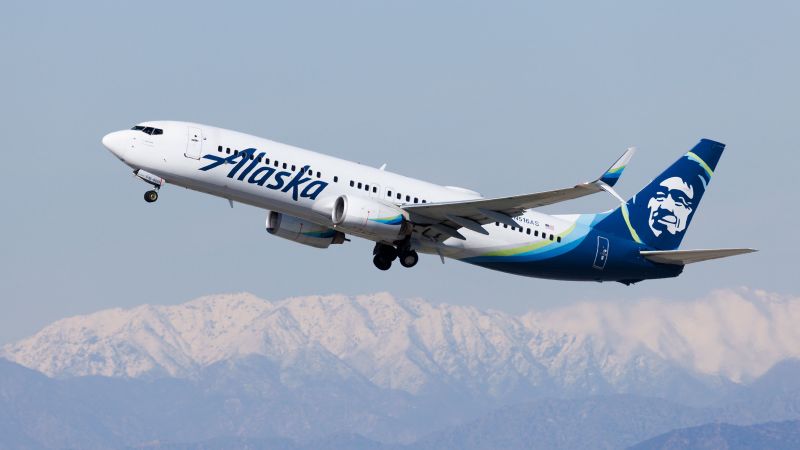CARACAS, Venezuela (AP) — Venezuelans are voting Sunday in a referendum that will determine the future of large swaths of neighboring Guyana, which their government claims was stolen when the north-south border was drawn more than a century ago. Before.
Guyana sees the referendum as a step toward integration, and the referendum has put its residents on edge. It asks Venezuelans whether they support establishing a government in the disputed territory known as Essequibo, granting citizenship to current and future residents of the region, and rejecting the jurisdiction of the United Nations High Court to settle the dispute between the two South American countries.
“We are resolving 150 years of imperial expulsion through constitutional, peaceful and democratic means,” President Nicolás Maduro said after voting at a military compound in the capital, Caracas.
The International Court of Justice ordered Venezuela on Friday not to take any action that would alter Guyana’s control of the Essequibo, but the judges did not specifically bar officials from holding a five-question referendum on Sunday. Guyana had asked the court to order Venezuela to halt parts of the referendum.
The legal and practical implications of the referendum are unclear. But in comments explaining the ruling on Friday, International Court of Justice President Joan E. Donoghue reports that Venezuela’s government is “taking steps with a view to gaining control over the disputed territory and administering it.”
“Furthermore, Venezuelan military officials announced that Venezuela is taking concrete steps to build an airstrip that will serve as a ‘logistical support point for the integrated development of Essequibo,'” he said.
The 61,600-square-mile (159,500-square-kilometer) territory covers two-thirds of Guyana and borders Brazil, whose defense ministry said in a statement earlier this week that it had “intensified its security measures” and increased its military presence in the region as a result of the dispute.
Essequibo is larger than Greece and rich in minerals. It provides access to the Atlantic region, where oil was discovered on a commercial scale in 2015, attracting the attention of Maduro’s government.
A woman holds a sign of a map of Venezuela with the included Essequibo territory during the final campaign on Venezuela’s referendum on the disputed territory with Guyana in Caracas, Venezuela, Friday, Dec. 1, 2023. Venezuelans will try to decide the future of the Essequibo territory, a large swath of territory administered and controlled by Guyana but claimed by Venezuela, which the Venezuelan government has put forward in its latest attempt to claim it through a referendum, saying it was stolen when more than the north-south border was drawn. A century ago. (AP Photo/Mathias Delacroix)
Venezuela’s government promoted the vote for weeks, framing participation as an act of patriotism, and frequently skewing it in favor of Maduro. His government held a mock referendum last month, but it did not release participation figures or results.
Venezuela has always considered the Essequibo as its own since the region was part of its territory during Spanish colonial times, and it has long disputed the boundary determined by international arbitration in 1899 when Guyana was still a British colony.
The boundary was decided by arbitrators from Britain, Russia and the United States. The United States represented Venezuela because the Venezuelan government had severed diplomatic relations with Britain.
Venezuelan officials argue that Americans and Europeans conspired to defraud their country, and argue that a 1966 agreement to settle the dispute effectively nullified the original arbitration.
GuyanaThe only English-speaking country in South America said the initial agreement was legal and binding and asked the International Court of Justice in 2018 to rule on it, but a ruling could take years.
Voters on Sunday will have to answer whether they “agree to reject, in all respects by law,” the 1966 treaty as “the only valid legal instrument” to achieve the 1899 border and settlement.
Maduro and his allies are urging voters to answer “yes” to all five questions in the poll.
It is a self-evident fact that Venezuelans include the Essequibo region at the eastern end of their homeland. They learn about the territorial dispute from an early age through textbooks that include historical background and maps that mark the landscape with diagonal lines.
Administrative assistant Henkel Nino, 45, remembers those lessons. Outside a polling station in Caracas, he said he was taking part in the vote because Venezuelans “need to defend our Esquibo”. But like many other voters, she’s unclear about what actions might result from the poll’s results.
“I imagine (Guyanese) are worried about the consequences that this situation could bring, but hey, we have to try to recover our lands because there are so many minerals,” said Nino, who he believes was organized by Venezuela’s government. Referendum to “legally attempt to recover (Essequibo)” in negotiations with Guyana.
“I imagine the last resort would be to use weapons,” he said.
Guyana President Mohamed Irfan Ali on Sunday acknowledged the fears of many Guyanese about the vote and sought to reassure them, saying “they have nothing to fear as the next hours, days and months unfold.” He said Guyana uses diplomacy as its “first line of defence” and continues to work to ensure its borders remain “intact”.
“I’m not going to get into the internal politics of Venezuela and I’m not going to get into their policy-making, but I want to advise that this is an opportunity for Venezuela to show maturity, an opportunity for them to show responsibility, and we’re calling on them once and for all. And join us … to allow the rule of law to work and the end of this dispute.” Decides the outcome,” Ali said.
___
Garcia Cano reported from Mexico City. Associated Press photographer Matias Delacroix contributed to this report.







